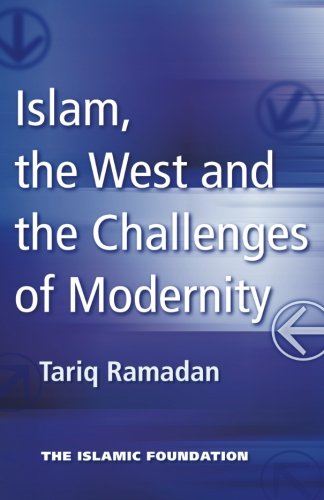

Most ebook files are in PDF format, so you can easily read them using various software such as Foxit Reader or directly on the Google Chrome browser.
Some ebook files are released by publishers in other formats such as .awz, .mobi, .epub, .fb2, etc. You may need to install specific software to read these formats on mobile/PC, such as Calibre.
Please read the tutorial at this link: https://ebookbell.com/faq
We offer FREE conversion to the popular formats you request; however, this may take some time. Therefore, right after payment, please email us, and we will try to provide the service as quickly as possible.
For some exceptional file formats or broken links (if any), please refrain from opening any disputes. Instead, email us first, and we will try to assist within a maximum of 6 hours.
EbookBell Team

4.8
44 reviewsTariq Ramadan attempts to demonstrate, using sources which draw upon Islamic thought and civilization, that Muslims can respond to contemporary challenges of modernity without betraying their identity. The book argues that Muslims, nurished by their own points of reference, can approach the modern epoch by adopting a specific social, political, and economic model that is linked to ethical values, a sense of finalities and spirituality. Rather than a modernism that tends to impose Westernization, it is a modernity that admits to the pluralism of civilizations, religions, and cultures.
Table of Contents:
Foreword
Introduction
History of a Concept
The Lessons of History
Part 1: At the shores of Transcendence: between God and Man
Part 2: The Horizons of Islam: Between Man and the Community
Part 3: Values and Finalities: The Cultural Dimension of the Civilizational Face to Face
Conclusion
Appendix
Index
Tariq Ramadan is a professor of Islamic Studies at the University of Oxford and a visiting professor in Identity and Citizenship at Erasmus University. He was named by TIME Magazine as one of the one hundred innovators of the twenty-first century.